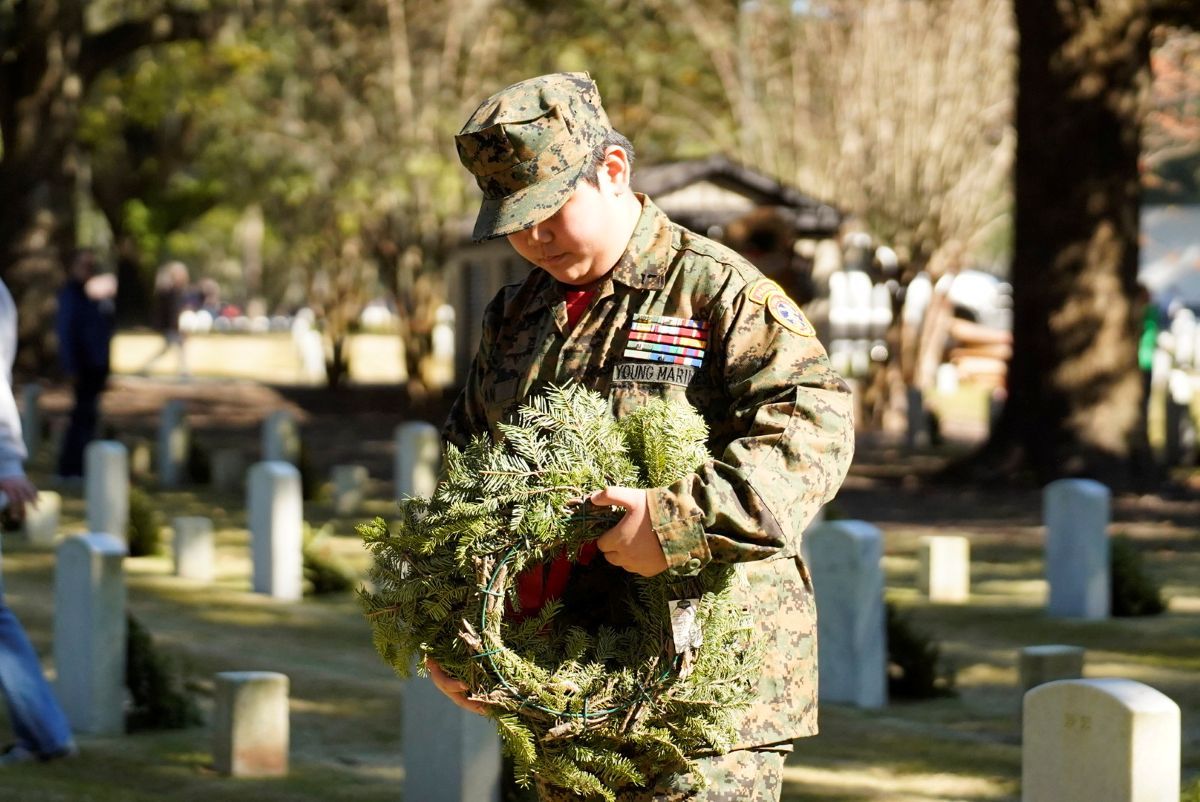Animals from Roy’s are being placed
For nearly two weeks, the American Society for the Prevention of Cruelty to Animals (ASPCA), the Beaufort County Sheriff’s Office and Animal Services have removed and sheltered more than 1,700 animals of various species – including fish, reptiles, birds, gerbils, hamsters and guinea pigs – living in defunct pet store Roy’s Aquarium in Beaufort.
The Beaufort County Animal Services initiated the investigation in mid-July after receiving numerous complaints of animal neglect at Roy’s Aquarium, and subsequently contacted the Beaufort County Sheriff’s Office and the ASPCA for assistance.
On July 18, a search warrant was executed, during which investigators discovered many animals exhibiting signs of neglect, some with no access to food or water.
The animals were transported to a temporary shelter and cared for by ASPCA responders while the Beaufort County Animal Services led efforts to place animals with rescue organizations and shelters in the area.
The ASPCA recently helped load more than 80 animals, including hamsters and guinea pigs, on a transport vehicle managed by the Charleston Animal Society.
Placement efforts are still underway and the ASPCA is expected to wind down its operation as the last group of animals is placed by the Beaufort County Animal Services.
“Upon arriving at the facility, it was clear that these animals needed our immediate help and intervention,” said Kathryn Destreza, director of investigations for ASPCA Field Investigations and Response. “Because the community voiced their concerns and the local authorities took swift action, these animals are spared of further suffering and neglect.”
ASPCA responders assisted local authorities in documenting forensic evidence and provided critical care to stabilize the animals at the facility. Local veterinarians also assisted in the care and treatment of the animals.
Beaufort County Animal Services reports that many of the animals seized from the store will be made available for adoption at an event on Saturday, Aug. 19, at Petco in Bluffton.
Residents asked to report dead birds
There have been confirmed reports of West Nile Virus in Beaufort County, and Fripp Audubon is working toward ensuring that response policies are adopted locally.
Early warnings of birds with West Nile give the Beaufort County Mosquito Control agency an opportunity to help safeguard the health of local residents by boosting mosquito control.
Birds play an important role in maintaining and spreading West Nile virus. Mosquitoes feed on infected birds that carry the virus in their blood. After a couple of weeks, infected mosquitoes can then transmit the virus to humans and other animals.
Signs of the illness in birds include weakness, sluggishness, shaking, seizures, inability to walk/fly/perch, blindness, or lack of fear of humans.
Residents are asked to report and/or submit freshly dead (non-injured, non-decayed) crows, blue jays, house finches and house sparrows to the South Carolina Department of Health and Environmental Control (DHEC).
Crows and blue jays are more likely to die from West Nile virus, which makes them good candidates for detecting the virus.
However, the number of dead crows and blue jays sent in for testing by the public has dropped over the past few years. Reasons for this drop might include decreased public participation, smaller bird populations due to West Nile virus die-offs, or an increase in survival rates.
House finches and house sparrows are not as likely to die from a West Nile virus infection as compared to crows and jays, but they were chosen as target species because of their abundance and high infection rates compared to other birds.
Do not touch these birds with bare hands. Pick the bird up with doubled clear plastic bags that have been turned inside out (covering your hand). Invert the bag over the bird (uncovering your hand) and seal the bird in the doubled plastic bags. If possible, use clear plastic or clear zipper bags so that the bird can be seen through the bags.
Report illness in birds or submit freshly dead birds through the end of November by visiting www.scdhec.gov/HomeAndEnvironment/ReportIt/ReportDeadBirds.
Solicitor Stone picked for national association
Fourteenth Circuit Solicitor Duffie Stone has been selected to serve as treasurer of the National District Attorneys Association, the country’s large organization of prosecutors.
Newly elected NDAA President Michael Freeman, the Hennepin County attorney in Minnesota, selected Stone on July 16. Stone will serve as treasurer on the executive committee for a one-year term.
In 2016, Stone served on the NDAA’s executive working group. Stone also is chairman of the S.C. Commission on Prosecution Coordination. He was appointed to the commission in 2011 by former Gov. Nikki Haley. Additionally, Stone serves on the state’s Domestic Violence Advisory Committee. He has been the Fourteenth Judicial Circuit’s solicitor since 2006.
The NDAA was formed in 1950 and represents the interests of prosecutors. It influences federal and national policies affecting law enforcement and prosecution across the United States. The NDAA represents 2,500 elected and appointed district attorneys, as well as 40,000 assistant district attorneys. To learn more about the NDAA, visit www.ndaa.org.
The Fourteenth Circuit Solicitor’s Office is the chief prosecuting agency for Allendale, Beaufort, Colleton, Hampton and Jasper counties, the only five-county judicial circuit in the state. To learn more about this office, visit www.scsolicitor14.org.
National Park Service releases monument study
On the anniversary of the ratification of the 14th Amendment, which granted citizenship to former slaves freed after the Civil War, the National Park Service published a theme study looking at nationally significant historic properties of the post-Civil War Reconstruction Era.
“The Era of Reconstruction, 1861-1900,” identifies noteworthy resources related to the Era of Reconstruction that help tell the American story.
“Discovering the lesser known stories of the Reconstruction Era and identifying places and people who impacted our collective American story is the result of two years of dedicated work by historians, field practitioners and subject matter experts,” said Dr. Joy Beasley, National Park Service acting associate director for Cultural Resources, Partnerships and Science.
“This theme study continues to build upon our shared narrative as Americans; knowing who we are, where we came from, and understanding the events, activities and places that shape us citizens today is at the heart of the National Park Service mission.”
The theme study, which is the first comprehensive theme study of its kind, enhances public understanding of this complex and contested period in our nation’s history, and provides a basis for identifying and potentially nominating Reconstruction Era related properties as National Historic Landmarks.
One of the stories shared in the theme study is that of an enslaved man Robert Smalls, who in 1862 during the American Civil War, freed himself and his family by commandeering a Confederate transport ship, navigating it through Confederate-controlled waters, and turning it over to the US Navy.
After the war, he went on to purchase his master’s old house, won election to the South Carolina State legislature, served five terms as a Congressman in the U.S. House of Representatives, and helped rewrite South Carolina’s constitution.
Several nationally significant resources related to the Reconstruction Era and Robert Smalls were recently designated as part of the Reconstruction Era National Monument in Beaufort County, a unit of the National Park Service. Preparation of the theme study aided the recognition of these important resources.
The National Park Service administers the National Historic Landmarks Program and oversees the designation of such nationally important resources. To learn more about National Historic Landmarks, visit www.nps.gov/nhl.
To read the Reconstruction report, visit www.nps.gov/nhl/learn/themes/Reconstruction.pdf.
Mosquito spraying may take place through Aug. 11
Beaufort County Mosquito Control may conduct aerial training, surveillance, and/or spray missions that may include the application of EPA-registered public health insecticides during daylight hours through Friday, Aug. 11.
It uses low-flying aircraft and its aerial spraying is dependent upon ideal weather.
It does not treat the salt marsh habitats for adult mosquitoes during these aerial operations.
For additional information, call 843-255-5800.







